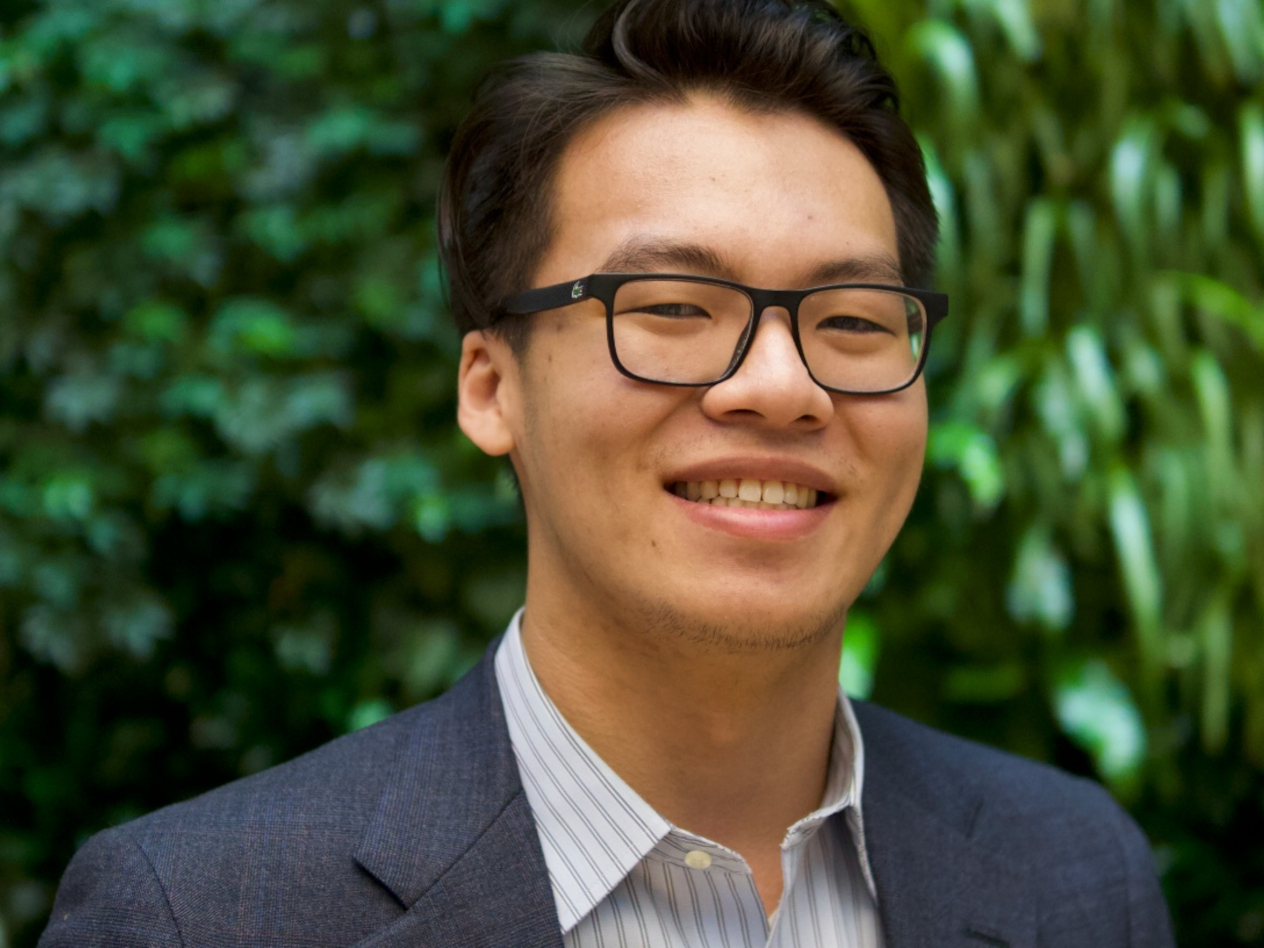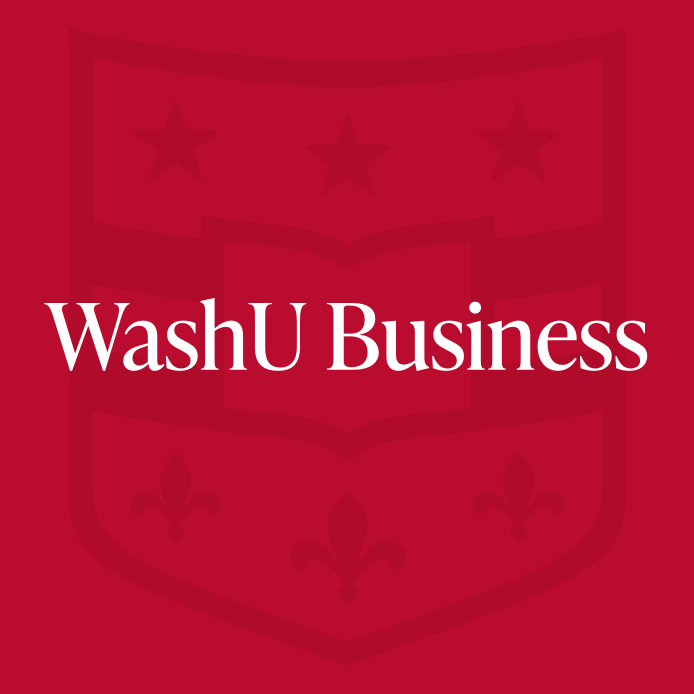Thoughts on adaptation in consulting experience
- April 23, 2021
- By WashU Olin Business School
- 3 minute read

Joel Hsieh, BA ’22, wrote this for the Olin Blog on behalf of CEL teammates Tarhe Osiebe, MBA ’21, Phillip Clifton, JD ’21, Saavan Rijsinghani, BSBA ’22, and Anthony Williams, BA ’21.
Kwema, a safety wearables company founded in 2016 by Ali Al Jabry, took the pandemic’s challenges in stride. The St. Louis-based startup’s primary product is a smart badge used in the workplace for a variety of safety and emergency situations, described as “OnStar meets E-ZPass for employee safety.”
Seeing a potential new market in 2020, Kwema upgraded its technology to include GDPR and HIPAA compliant COVID-19 contact tracing.
Last fall, Kwema participated in WashU Olin’s Entrepreneurial Consulting Team program through the Center for Experiential Learning to explore new avenues for fundraising and investment in the company that would offer the best terms of investment.
As the five-member student consulting team, we focused our research on the online equity crowdfunding space and detailed strategies, insights and points of interest for use in a potential future campaign.
Failure isn’t wasted time
Sometimes the original recommendation just doesn’t work out. That doesn’t mean the time spent was a total loss. In mid- to late-November, the project was humming along nicely. The team was giving updates to the client and receiving feedback constantly, and the midterm presentation went smoothly.
However, as we continued, a critical issue emerged with our first recommendation: The equity crowdfunding platform WeFunder required disclosure of sensitive information. Kwema found it unstrategic to share the information publicly because it would require publishing trade secrets that anyone would be able to see.
Rather than scrapping equity crowdfunding altogether, Saavan directed our efforts towards Fundable, a platform that functions not as the primary handler of the investment, but as a selective place to meet individual investors. Many of the lessons learned about how to prepare the necessary paperwork and best present the company in a campaign setting applied to both the original and final recommendations.
Prepare for the unexpected
That leads to our second revelation: The limitations associated with consulting in a classroom environment can repackage real-world lessons in unexpected ways. Make sure to communicate often and precisely.
Now, we didn’t immediately move on to this new recommendation. Given that the original idea was now sidelined, a consultant would maybe negotiate a project extension, but as students operating within the constraints of a single academic semester, Kwema suggested we take the remaining month of school and improve the company business plan.
In the context of a consulting class, the line between consultant and intern work would be blurry, as we discussed with II Luscri, our professor and the managing director for the Skandalaris Center for interdisciplinary Innovation and Entrepreneurship.
Though Kwema’s initial pivot idea wasn’t used, finding a new solution to the original problem allowed us to compromise and ensure both parties received value from the program that aligned with what we each originally signed up for.
I can’t think of a future where practicing thoughtful and decisive negotiating would not be useful. Shoutout to Tarhe, our team lead, who always made sure communications were timely and not wasteful.
Whether that was pruning emails and calls down to the essentials or keeping pace with a meeting agenda, the act of minimizing friction when trying to adapt to an unexpected problem cannot be understated.
Pictured at top: Joel Hsieh, BA ’22, author of this blog post.
Media inquiries
For assistance with media inquiries and to find faculty experts, please contact Washington University Marketing & Communications.
Monday–Friday, 8:30 to 5 p.m.
Sara Savat
Senior News Director, Business and Social Sciences
